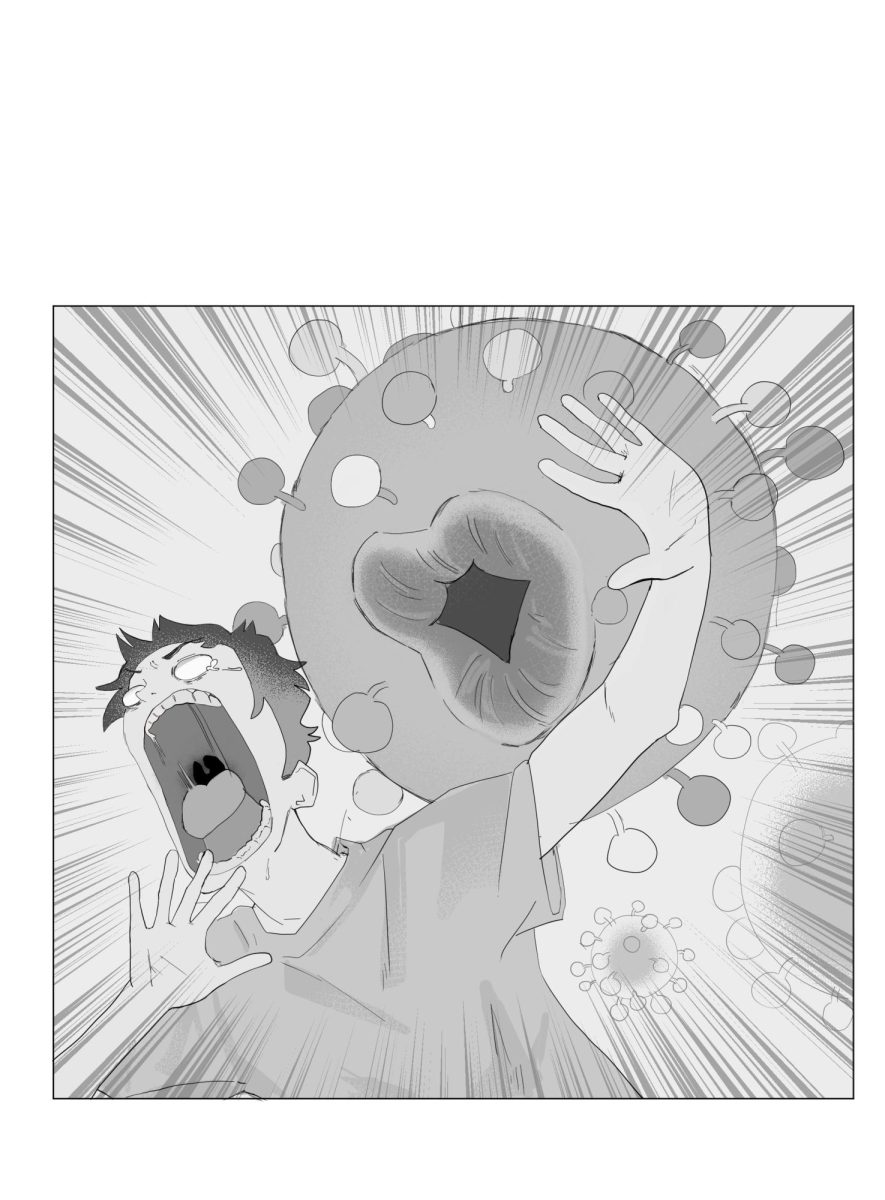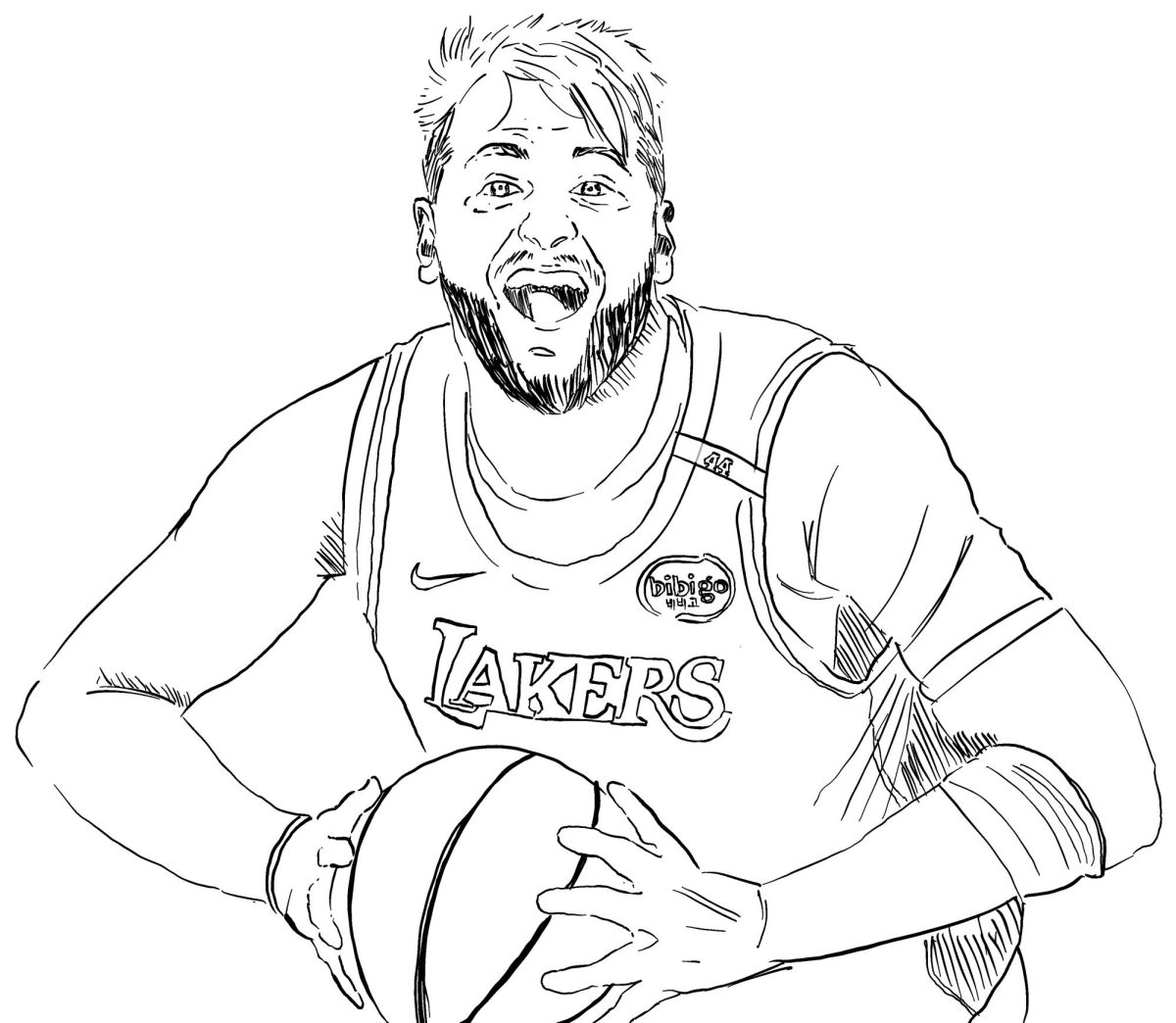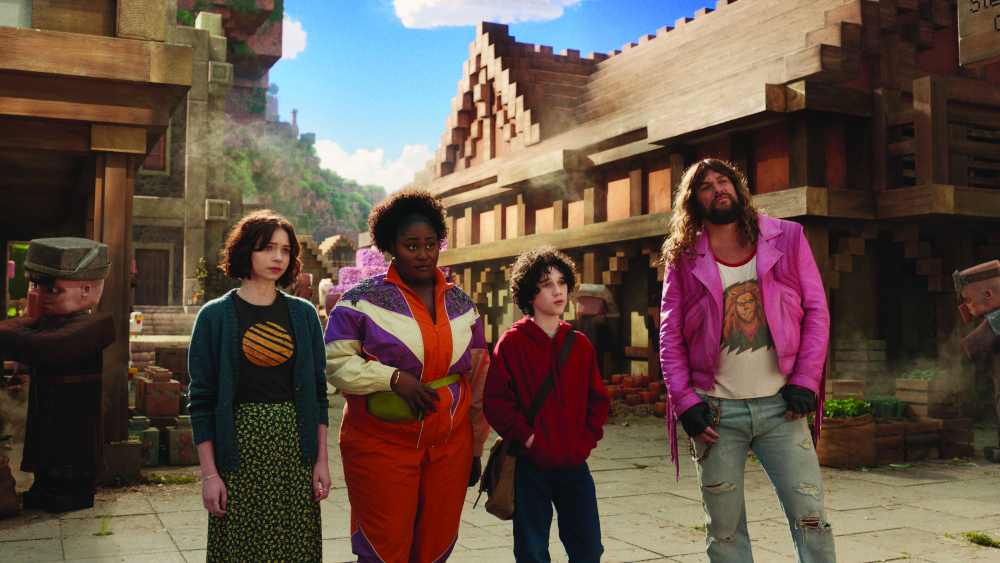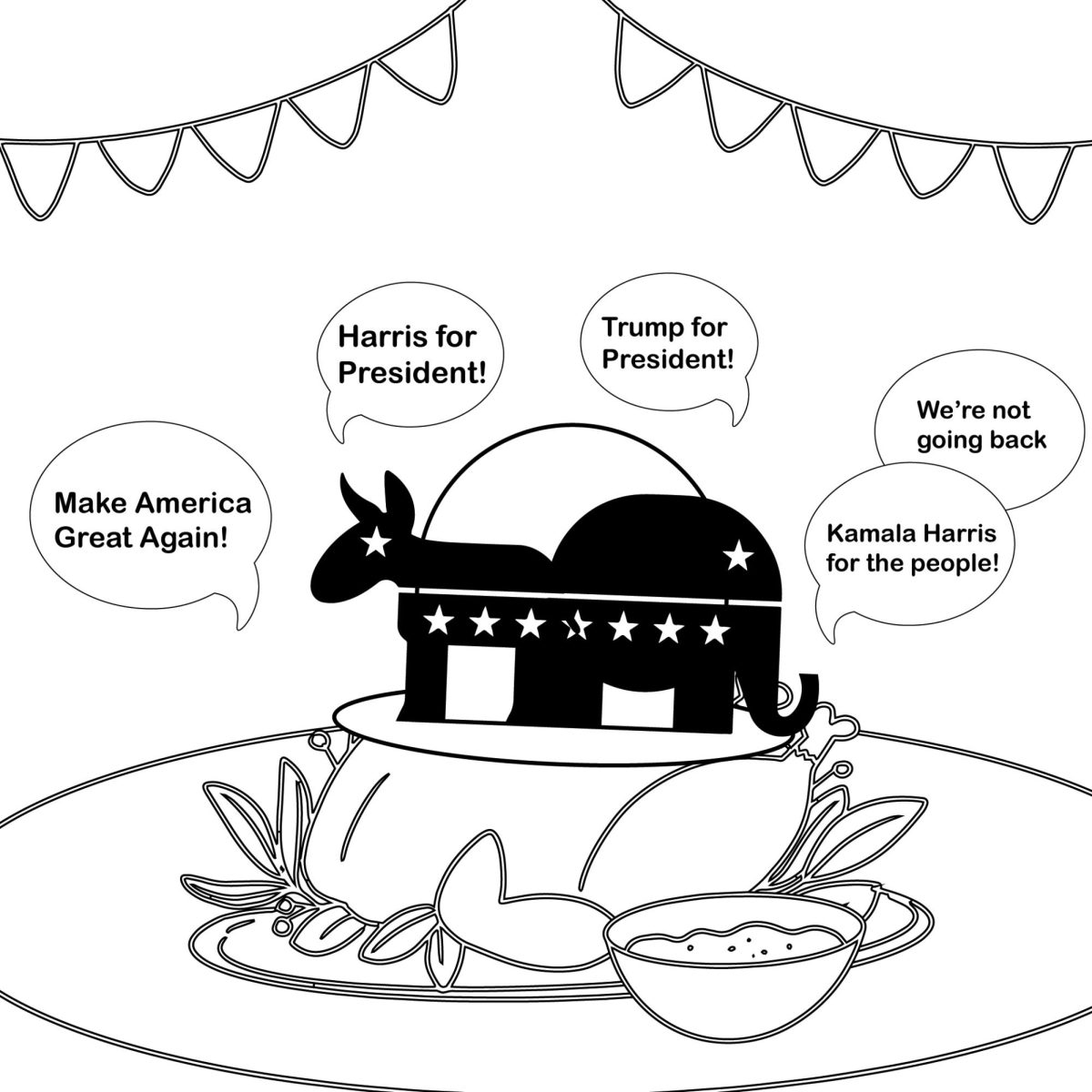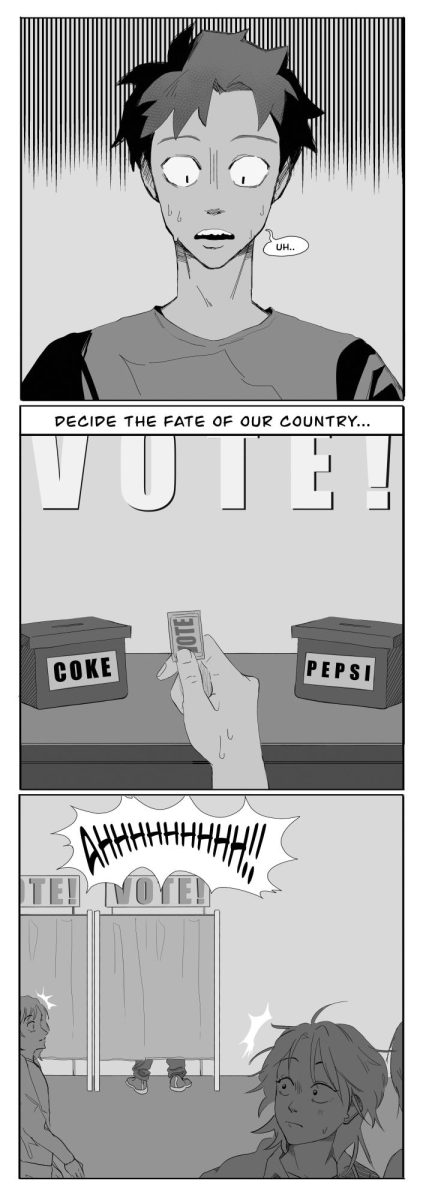Have you seen the new section in bookstores or at your local Wal-Mart or Target?
It is called BookTok favorites, and some stores have an entire aisle dedicated to what people on BookTok are obsessed with that week.
I was never a fan of TikTok, but I am an avid young adult and adult fantasy reader. I was all for it, when I heard that there was a subsection on the TikTok app dedicated to people who love books as much as I do.
However, there is a slippery slope to being sucked into the controversy and drama that comes with a platform like BookTok. This is a place where everyone shares their opinions, but not everyone is accepting of others.
One thing that caught my attention on BookTok was the controversy around Sarah J. Maas being a problematic author.
I have been in love with Maas’s book series for years so, I ended up falling down a massive controversy rabbit hole.
There are two sides to this story, extreme cancel culture, readers who genuinely want authors to be more diverse and the hard core fans who know everything there is to know about the books.
There are some people who have called her a racist and an ableist, among other horrible names. Those BookTokers are more on the extreme side. If have you read, liked or have ever liked Maas and her books they will put curses on you. These extreme BookTokers will shun you for the rest of your life. Even though they too have read the entire series.
The better half of BookTok will deeply explain why Maas is problematic and leave you to decide for yourself.
Influencer Marines, TikTok handle @mynameismarines, said Maas’s books contain racist elements and lack diversity.
Maas kills off non-white characters to progress the story of her white main characters and fetishizes her men who are coded as men of color.
“All of that is bad and weird enough that I don’t want to ask someone like Sarah to write more diversely. I want to prioritize someone who is already writing diversly,” Marines said.
When I first saw that video, I was a little shocked, but I took a step back and went through the characters in my head. What Marines was saying made sense. Maas does not write people from various racial and ethnic backgrounds or LGBTQ+ characters well.
One example from the “Throne of Glass” series is Nehemia, the only princess from a different culture, and she was brutally murdered in her bed. This was extremely upsetting because Princess Nehemia didn’t have to die to further the main character’s story arc. It is something fans are still distraught about.
But when I was reading “A Court of Thorns and Roses,” characters like Rysand, Azriel and Morrigan who are a part of the night court weren’t white in my mind.
It wasn’t until I watched these videos that I went back and realized that I had just skipped over the descriptions of what the characters looked like.
Even if they were described as non-white, the fan pictures online depicted everyone as white.
BookToker Marines explained how white characters are the default to write about, because there are hardly any non-white authors in the Young Adult world.
It made me wonder what other books I had missed these signs with.
Marines talked about “From Blood and Ash” written by Jennifer L. Armentrout.
There is a character, Kieran Contou whose name translates in Gaelic, to little dark one; he is Wolven and they are believed to be duty bound to protect the Atlanteans.
Tawny Lyon, whose name translates to brown, was given to Poppy as an attendant and her duty ranged from keeping Poppy company, to assisting her with her bath or to dress her when she required it.
Authors that describe skin as golden, olive or tan are racially ambiguous enough that you can interpret it into whatever you want.
On the other hand, you have characters who are magically bonded to their counterpart, brutally murdered, who are servants; these characters are described in such a way that it is obvious to the reader that they are a person of color.
It is not about lacking representation, it is misrepresentation. Characters that are included are put into negative stereotypes about people of color.
“I’d rather them stop writing about people of color, honestly,” Marines said, “Even though it is fiction, even though it is media.”
Representation in media matters, because it is such a huge part of our culture in our society. We learn so much from different media platforms.
We can learn positive things and we can also internalize and learn negative things from the media. Stop racial stereotypes in books, movies and TV shows.
Hold published authors accountable and support authors of marginalized identities.
“Bad representation is not better than no representation,” Marines said. “Bad representation is harmful, and writers should acknowledge that it is problematic.”
She said, “Think about what it feels like to members of a marginalized community when they say ‘Hey, this work hurt me, it misrepresented me, and it is doing active damage to me in some way.’ Don’t come back and say, ‘Oh, but it didn’t hurt me or yes, but I love it so much.’”
You are putting yourself over the hurt of a community out loud.
It sucks to hear, and it alienates people from a community, Marines said.
Stories are made by people and all people are flawed. It is up to the reader to decide how they will depict, react and fix these situations.
How important is what you are supporting with your dollars? What are you investing your time and money into? What are you promoting?
BookTok is a platform and what you choose to promote on your platform means something.
There is a difference between quietly purchasing something and reading it in private versis using a platform to promote it to a lot of people.
“We tend to put things on a scale. Whether the harm that the author caused outweighs your curiosity, your desire to read the story or your love of the story,” Marines said.
It is not about making all character’s from different cultures non subservient, it is about the sum of the author’s entire work.
Are all their characters doing the same thing? Or was it accidental and can be fixed? It’s okay to make characters subservient but it is also easy to not make all of them that way.
There is a difference between criticizing a work and insulting an author.
It is okay to like a problematic author as long as you acknowledge that their writing is problematic, and you include that in your reviews of their work.
BookTokers are not calling to cancel these authors, we just want more diversity and originality in books we read.




